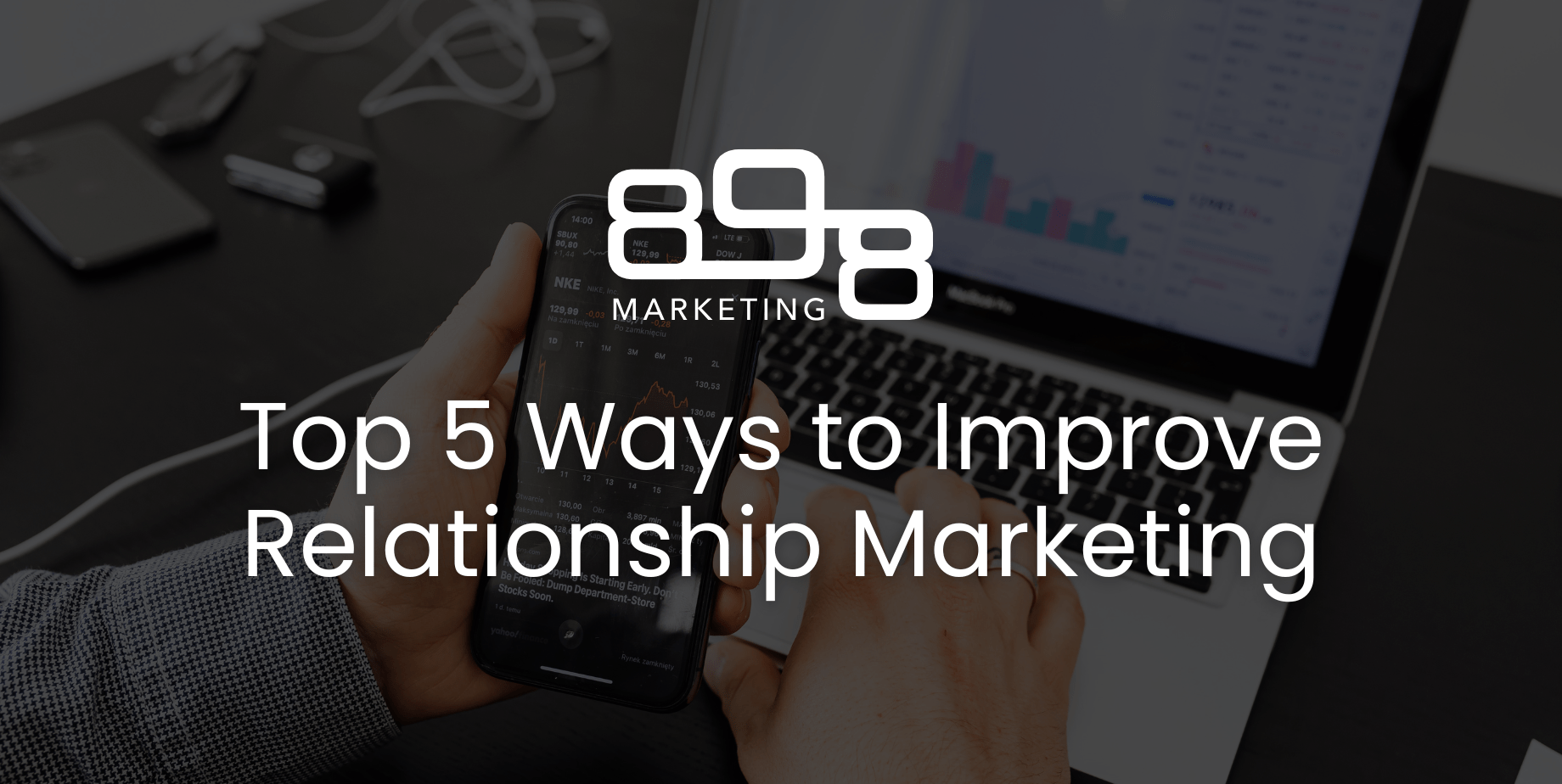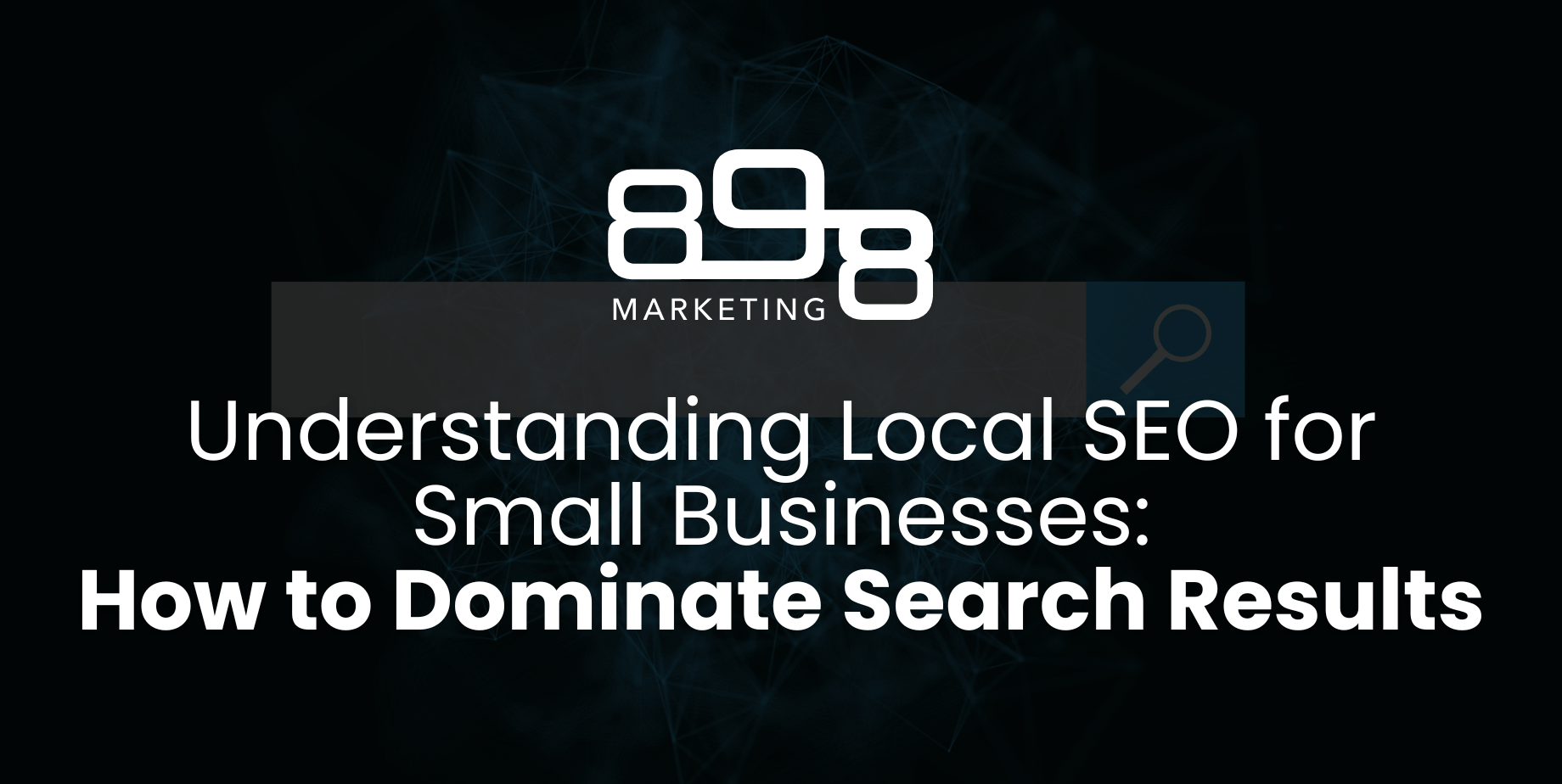
Google Analytics 4: Pros vs. Cons
- Ryan Peplowski
- April 14, 2022
- Digital Advertising
- 0 Comments
Google Announced the End of Universal Analytics: An Updated Perspective.
On July 1, 2023, 898 Marketing and the entire digital marketing community said a bittersweet goodbye to Universal Analytics. The arrival of Google Analytics 4 (GA4) has bred a variety of opinions as it has been the most substantial update since the release of Universal Analytics in 2012. As our team becomes more familiar with GA4, we are excited to share our GA4 pros and cons.
Here is an updated opinion about the Pros and Cons we see with GA4:
Cons:
1. Brand New Data – CON
2. Conversions – CON
Goals as conversions were previously referred to in UA are not URL based and won’t follow any of the methods previously used. All conversions must now be events and to set the events as a conversion you will have to mark it as a conversion in existing events.

This makes it super easy to track simple conversions such as video plays or file downloads, but if you want to track more complex conversions like click-to-call or purchases, you will need to head to Google Tag Manager (GTM) to set them up.
We feel this is a con because while it will make it easier to track simple conversions, it will require technical knowledge to go in and set up more complicated conversions. This continues to be tricky for eCommerce site owners who may need to track multiple complex conversions.
3. Event-Based Model – MIX
The reason that GA4 won’t retain any of the historical data from UA is because Google is moving away from the sessions and pageviews measurement model. GA4 introduces an event-based measurement model which will rely on events and parameters as Key Performance Indicators (KPIs). Every activity that happens on a website or app is now considered an event. Within these events, we are able to drill down on parameters such as Page Title, Geo, Gender, Campaigns, and more.
For example: A pageview is now an event, so when a user views a page on a website, analytics will record it as an event in the engagement section of GA4.
We continued to list the Event-Based Model as TBD, because of the lack of historical data at this point. As data continues to collect, we feel that this feature and making comparisons will become less challenging and start to lean towards more of a pro.
Pros:
1. Insight and Machine Learning – PRO
898 Marketing’s digital team continues to agree that the insight and machine learning advancements made to GA4 are a pro about the tool.
- Automated insights – generated by Google’s algorithm and will alert you in GA4 on unusual changes or unusual trends with your data.
- Custom insights – conditions that you tell Google are important to you, when one of the conditions is triggered you will get notified in GA4 or you can opt to receive email notifications.
We listed this as a pro because with advancements in machine learning and the ability to set custom conditions, we as marketers will be able to better understand and act on the data.
2. Reporting and Analysis Tools – PRO
Google took a play from its Data Studio playbook introducing easy-to-use templates with the ability to create custom reports right in Analytics. This makes it easy to analyze data and build and save reports for easy access.
3. Easy Implementation – PRO
Conclusion on Google Analytics 4
Overall, the pros of Google Analytics 4 do outweigh the cons, particularly with enhanced data analysis features and refined conversion event definitions. Dr. Chris Dayagdag said, “In the age of digital success, Google Analytics 4 is the compass that reveals the path.” Despite the adjustment period, GA4 is here to stay and we’re overall happy with that.







Recent Comments